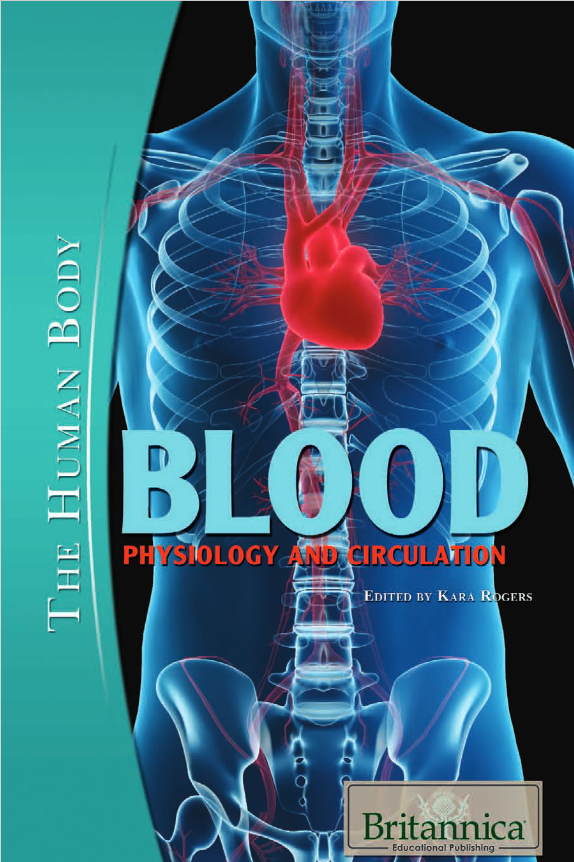Newly released
This book is new and will be uploaded as soon as it becomes available to us and if we secure the necessary publishing rights.

Blood: The Human Body Book PDF
(0)
Author:
Kara RogersNumber Of Reads:
186
Language:
English
Category:
Natural ScienceSection:
Pages:
241
Quality:
excellent
Views:
1237
Quate
Review
Save
Share
Book Description
Blood: Physiology and Circulation
Humans have been fascinated by the intricacies of blood as far back as early Egyptian civilization. Tombs in Egypt depicted bloodletting—a procedure through which blood is intentionally removed from a vein as a treatment for sick patients. Some ancient Greeks drank the blood of a fallen warrior, believing that by doing so they would gain the dead man’s strength and courage. Misunderstandings persisted for centuries. For instance, medical professionals still erroneously believed that bloodletting was the “cure” for a number of maladies well into the Common Era. It wasn’t until 1628, when British physician William Harvey published his fi nding on how blood was pumped from the heart throughout the body and then recirculated, that the widespread practice of draining a person’s blood was called into question.
A proper and thorough understanding of blood’s func- tion took thousands of years to develop. Throughout the 20th century and into the 21st, methods of examining, storing, and using blood were improved in order to more effectively fi ght disease and save lives. Indeed, the understanding of how blood works in the body has come a long way, as elucidated in this volume. Readers will discover virtually everything science has learned about blood, from its basic properties to its circulation through the body to its malfunction in disease.
Blood has numerous functions in a healthy body. One of its primary tasks is to deliver oxygen and nutrients to the body’s cells. Blood also distributes warmth to those regions that need it the most, wards off disease, and helps to fi lter harmful waste products such as carbon dioxide out of the body.
Kara Rogers
Kara Rogers is the senior editor of biomedical sciences at Encyclopædia Britannica, where she oversees a range of content from medicine and genetics to microorganisms. She joined Britannica in 2006 and has been a member of the National Association of Science Writers since 2009.
Book Currently Unavailable
This book is currently unavailable for publication. We obtained it under a Creative Commons license, but the author or publisher has not granted permission to publish it.
Rate Now
5 Stars
4 Stars
3 Stars
2 Stars
1 Stars
Blood: The Human Body Quotes
Top Rated
Latest
Quate
Be the first to leave a quote and earn 10 points
instead of 3
Comments
Be the first to leave a comment and earn 5 points
instead of 3